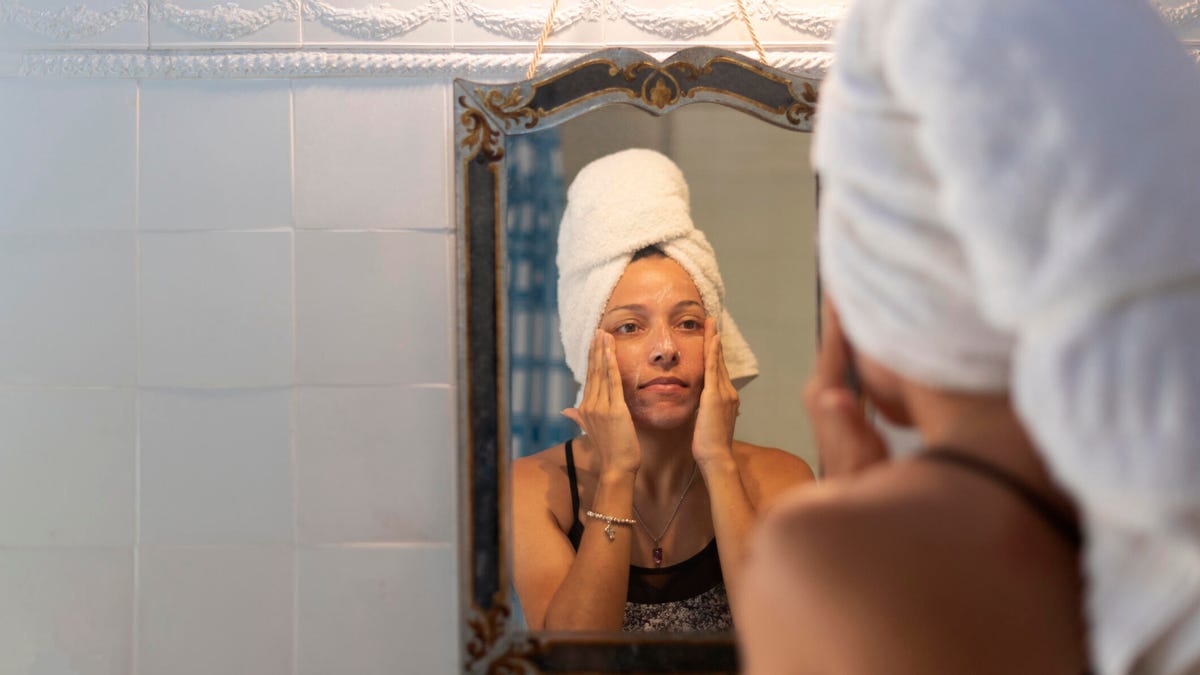Revieve Uses AI and AR to Offer Personalized Beauty Recommendations

Key Points
- Revieve, founded in 2016, provides AI and AR‑based beauty recommendations.
- The AI engine analyzes facial images using a dataset of five million photos.
- Key features include AI Skincare Advisor, AI Makeup Advisor, and AI Foundation Matching.
- Powered by Google Cloud’s Vertex AI platform for visual processing.
- Partnered with retailers such as Boots to embed the technology in online experiences.
- Users receive a score, identified skin concerns, and product recommendations.
- Some feedback suggests the system leans toward product promotion.
- Privacy policy deletes selfie images after the session unless users opt in.
- Revieve sells its software to businesses rather than directly to consumers.
Revieve, a Finland‑based software company founded in 2016, leverages artificial intelligence and augmented reality to deliver personalized skincare, makeup, and hair‑care advice. Partnering with retailers such as Boots, the platform analyzes facial images with computer‑vision models trained on millions of photos, generating product recommendations and routine suggestions. The service runs on Google Cloud’s Vertex AI infrastructure and is integrated into both online and in‑store experiences. While the technology provides detailed feedback and real‑time scoring, some users feel the analysis leans toward product promotion rather than a fully objective diagnosis.
Company Background and Technology
Revieve was launched in 2016 by co‑founders Sampo Parkkinen, Gavin Weigh, and Samuli Siivinen. The Finland‑based firm focuses on AI‑driven beauty solutions, partnering with brands and retailers to embed its tools into digital and physical shopping experiences. Central to its platform is a computer‑vision engine that evaluates facial images against a dataset of five million pictures, allowing the system to assess skin tone, texture, facial marks, and other metrics.
AI Features and Partnerships
Initially introduced in 2021, Revieve’s AI‑powered features include a skincare coach, an AI Skincare Advisor, an AI Makeup Advisor, and an AI Foundation Matching tool. These applications diagnose skin concerns, recommend products, and even suggest makeup shades by analyzing hundreds of data points in real time. The company utilizes Google Cloud’s Vertex AI platform to power its visual processing and analytics.
One prominent partnership is with the UK‑based retailer Boots. Through the Boots website, consumers can access Revieve’s skin‑analysis tool, which guides users to prepare their face (no makeup, hair pulled back), answer a brief questionnaire, and either upload a photo or grant camera access. The AI then provides a score, highlights areas of concern, and offers product recommendations tailored to the individual.
User Experience and Feedback
Users report that the scanning process includes prompts to ensure proper lighting and positioning, with visual cues (green checks) confirming a clear image before analysis. After scanning, the system delivers an overall score, identifies specific skin issues, and explains why certain products may be effective. Users can save their results for future scans, allowing the AI to track changes over time.
Critiques noted in user experiences include a perception that the analysis nudges shoppers toward purchasing recommended items, often from drugstore brands. Some users also questioned the accuracy of the scoring, feeling that the system emphasized positive psychology rather than an objective diagnosis. Revieve’s privacy policy states that selfie images are deleted after the session unless users opt in to retain data.
Market Position and Outlook
Revieve positions itself as a B2B solution, selling its AI software to other companies rather than marketing directly to consumers. This approach enables retailers and brands to integrate sophisticated beauty diagnostics into their own customer journeys without building the technology in‑house. While the platform offers an engaging, tech‑forward experience, its effectiveness appears to vary based on individual expectations and the degree to which users seek personalized product guidance versus a clinical skin assessment.